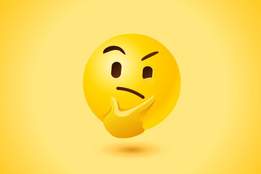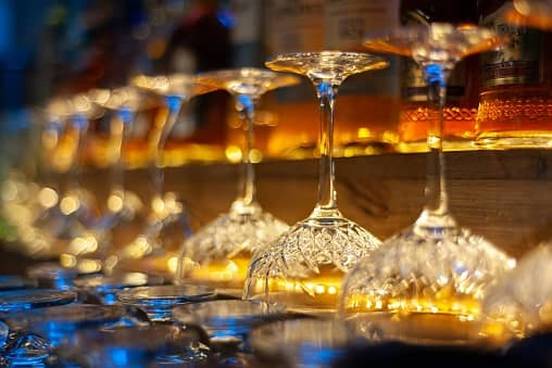
Prohibition
Definition - the forbidding by law of the manufacture, transportation, and sale of alcoholic liquors except for medicinal and sacramental purposes
Prohibition was a period from 1920 to 1933 during which there was a nationwide prevention of the manufacture, sale, or transportation of alcoholic beverages in the United States. It began with the 18th Amendment to the U.S. Constitution, and lasted until the ratification of the 21st Amendment (although some states had been dry before the 18th, and some remained so after the 21st). Although Prohibition is commonly associated with this turbulent period in U.S. history (and is usually capitalized in this sense), the word had been around for many centuries before this; it dates to the 14th century, initially with the meaning of “the act of prohibiting by authority”. The word for someone who favors prohibition is prohibitionist.
I have no language too condemnatory for it, and I would be glad if there were not a saloon in the whole country, but when we adopt prohibition we fly to still greater evils and we won’t stop anybody from drinking whisky either.
— Fort Worth Daily Gazette (Fort Worth, TX) 24 Aug. 1895
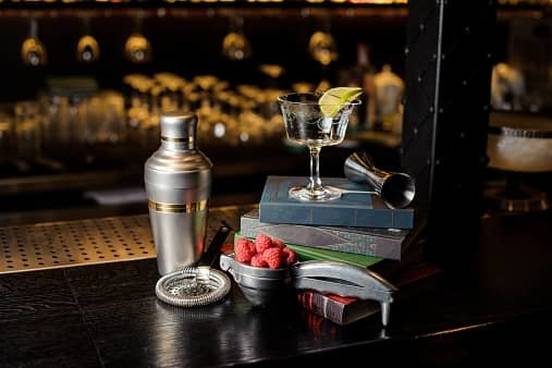
Speakeasy
Definition - a place where alcoholic beverages are illegally sold
Our definition for speakeasy mentions that the word often is used specifically to refer to a place that sells liquor illegally during the period of Prohibition in the U.S. While speakeasy is typically used in this manner, it should be noted that Prohibition was not the only time when liquor was sold illegally, and this word may be used in contexts outside of the U.S. Our earliest citations for speakeasy come from Australia, almost a hundred years before the adoption of Prohibition.
I feel myself most seriously annoyed in my business by what are termed private grog sellers, or, as the fancy style them, speak-easy shops, who set at defiance all attempts of the Magistracy to put them down.
— The Sydney Monitor (NSW, Aus.), 3 Oct. 1829
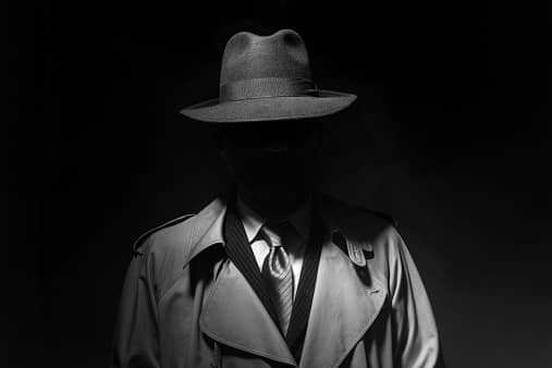
G-man
Definition - a special agent of the Federal Bureau of Investigation
G-man does appear to be one of the words that sprang into existence as a result of Prohibition. The word is thought to be a shortened form of government man; there certainly were government agents and some form of the FBI prior to Prohibition, but the laws banning the sale of alcohol led to an increase in crime, and caused many more law enforcement officers to be assigned in this area.
It will please every type of audience. Rich people, poor people, young people, old people, crooks, and even the Department of Justice G-Men in Washington will get a kick out of it.
— Universal Weekly, 26 Oct. 1935
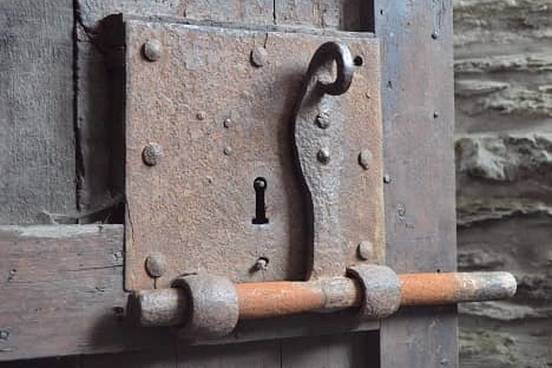
Blind pig & Blind tiger
Definition - a place that sells intoxicants illegally
Both blind pigs and blind tigers (of the literal and figurative varieties) predate Prohibition, although it was during this period that there were the greatest number of such establishments. The etymologies of both terms are unclear.
The gentleman from Henry, who introduced that bill, had told the House about a Blind Tiger in Henry, that people went to see and got something to take on his premises.
— The Nashville Tennessean (Nashville, TN), 15 Oct. 1841It seems the vigilant authorities have no proof as to who owned the “blind pig,” so called, at the fair grounds.
— The Saint Paul Globe, (Saint Paul, MN), 27 Sept. 1884
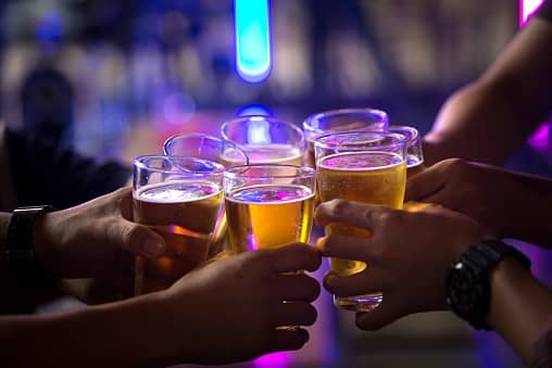
Scofflaw
Definition - a contemptuous law violator
The current meaning of scofflaw has little, if anything to do with Prohibition; the most common application of the word in recent years is for someone who ignores parking tickets. However, scofflaw came about as a result of our nation’s attempt at collective sobriety. There were enough people who failed to remain abstemious that a wealthy businessman named Delcevare King sponsored a contest in which he asked participants to coin an appropriate word to mean "a lawless drinker.” Tens of thousands of people submitted suggestions, and the winning entry was scofflaw.
Why “scofflaw” was chosen as the winner of a $200 prize in a contest for the most suitable epithet to “stab awake the conscience of the lawless drinker” was explained today by the judges of 25,000 suggestions submitted from forty-eight states and several foreign countries.
— Salt Lake Telegram (Salt Lake City, UT), 16 Jan. 1924
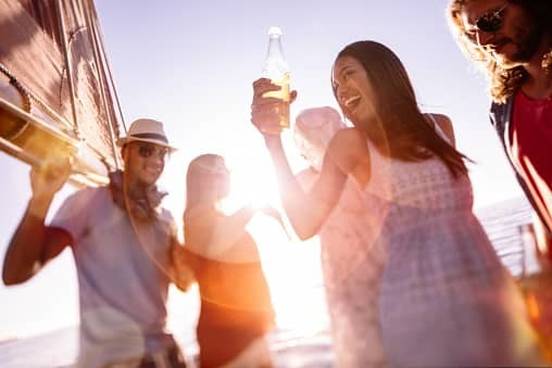
Booze cruise
Definition - a boat trip centered on the consumption or sale of alcohol
Booze cruises may come in various forms, including some that are intended to avoid taxes or laws by sailing outside of some jurisdiction, and others which are simply excuses to get blotto on a boat. The ones we associate with Prohibition were of the former variety; passengers would take a boat trip to just beyond the law’s reach.
I have observed a summons to Americans to go on what is accurately known as a “booze cruise”—i.e., a sea trip outside the Prohibition area, with all bars and bottles open and no particular destination,—and have noted that the said potential mariners were simultaneously advised of the luxury of the liner engaged (Louis-Seize card-room and probably a Plantagenet cocktail bar) and then challenged to cultivate “the Viking Spirit.”
— Ivor Brown, The Manchester Guardian, 3 Jun. 1933
The booze cruises that came before Prohibition appear to have been more of the destination type, getting on a boat and sailing to where the drinking was good.
Thirstful Heroes to Invade Europe - Albany Burgesses, New York Old Guard, Boston Ancients on a Booze Cruise.
— (headline) The Indianapolis Star (Indianapolis, IN), 10 Dec. 1905
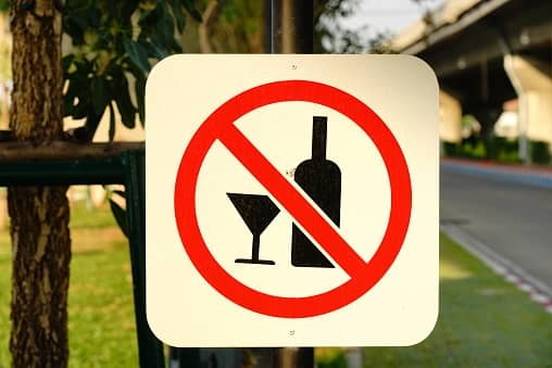
Volsteadian
Definition - of or relating to prohibition
Volsteadian is, admittedly, not the word that comes first to mind for most people when they think of vocabulary associated with Prohibition, but it is worth a mention. The word comes from the name of Andrew J. Volstead, an American legislator and author of the Volstead Act (the congressional act passed October 28, 1919 to enforce prohibition). It did not take long for Volsteadian to enter the language; it was in use less than a week after the passage of the Volstead Act.
Here are family jars—a great to-do of flutter and frill and chatter. Once, a genuine orgy on old apple juice sets up a Volsteadian shudder in the reader.
— Evening Star (Washington, D.C.), 23 Nov. 1919Ice cream and Volsteadian drinks are to be served after the ceremony, and Mr. and Mrs. Roosevelt will devote an hour to receiving old friends who have been invited from all over Dutchess County.
— New York Tribune, 9 Aug. 1920
Volstead also lent his name to Volsteadism, “the doctrine of or adherence to prohibition.”
He would, he said, accept any substitute for Volsteadism that would produce better results, but, until such a plan were advanced, the Eighteenth Amendment and the law enacted under it will be retained.
— The Baltimore Sun, 19 Feb. 1920
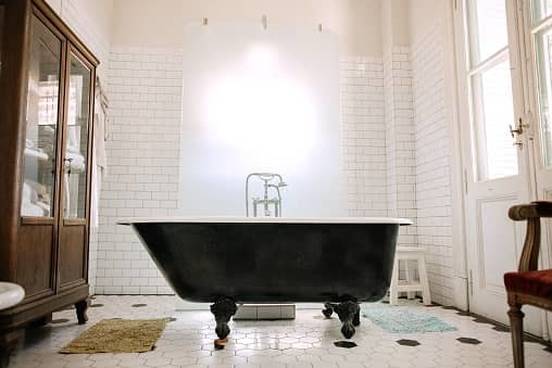
Bathtub gin
Definition - a homemade spirit concocted from raw alcohol, water, essences, and essential oils
People have always been fond of making their own hooch, with varying degrees of success. It was not until the Prohibition era, however, that we see reference to bathtub gin.
However, the home-run craze, which has so thoroughly destroyed baseball’s sense of proportion, must run its course. It is just like any other fad—bobbed hair, Valentino sideburns, bathtub gin, etc.—and as such will die a natural death in due season.
— The Kane Republican (Kane, PA), 17 Aug. 1923
Before we had bathtub gin there were many other terms which might be defined as “illegally distilled corn whiskey,” including moonshine and white lightning.
On the contrary when we refer to bug-juice we mean all those villainous compounds commonly known as “tangle-foot,” “white-lightning,” “bust-head,” “corduroy,” &c., usually classed as fighting whiskies which when drank by the common loafer, dead-beat, or bummer, brutalizes the man who drinks it and makes him a fit subject, for strategy, spoils and war.
— The Salem Monitor (Salem, MO), 28 Jun 1881





